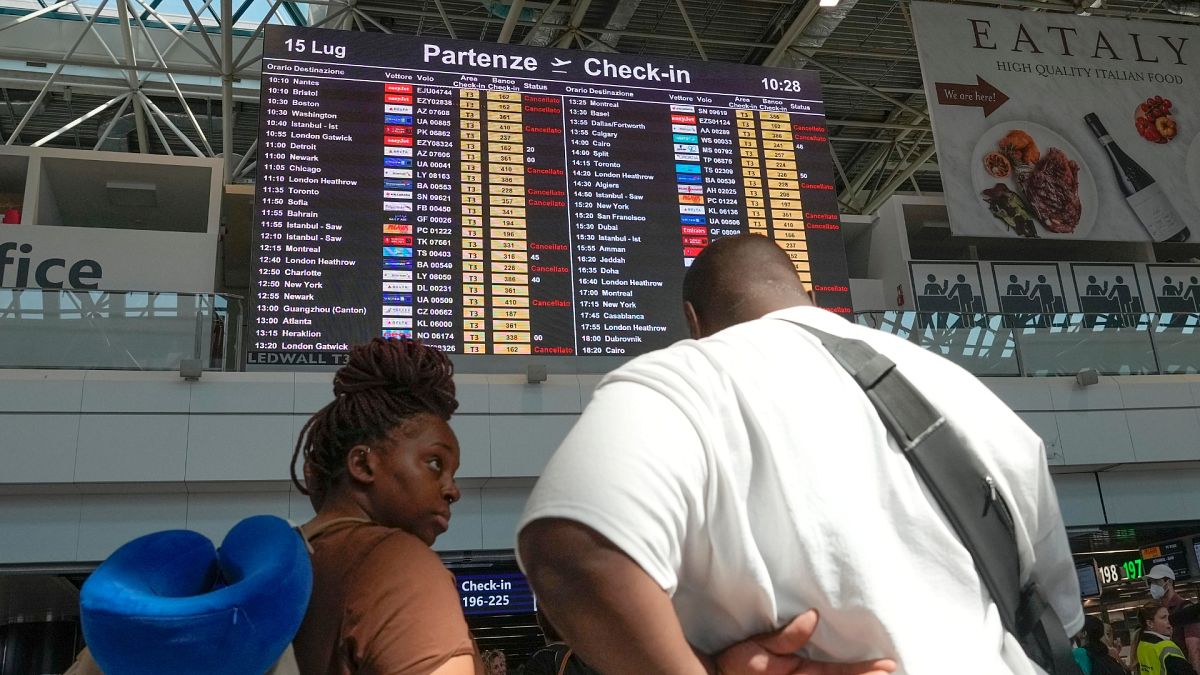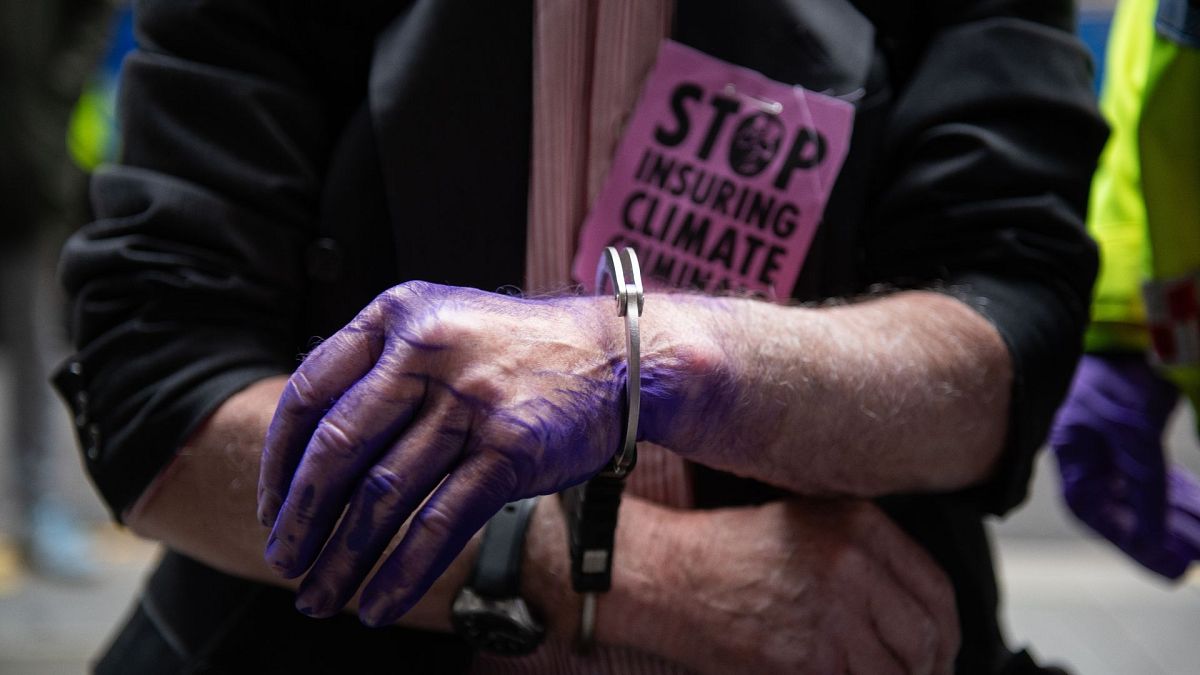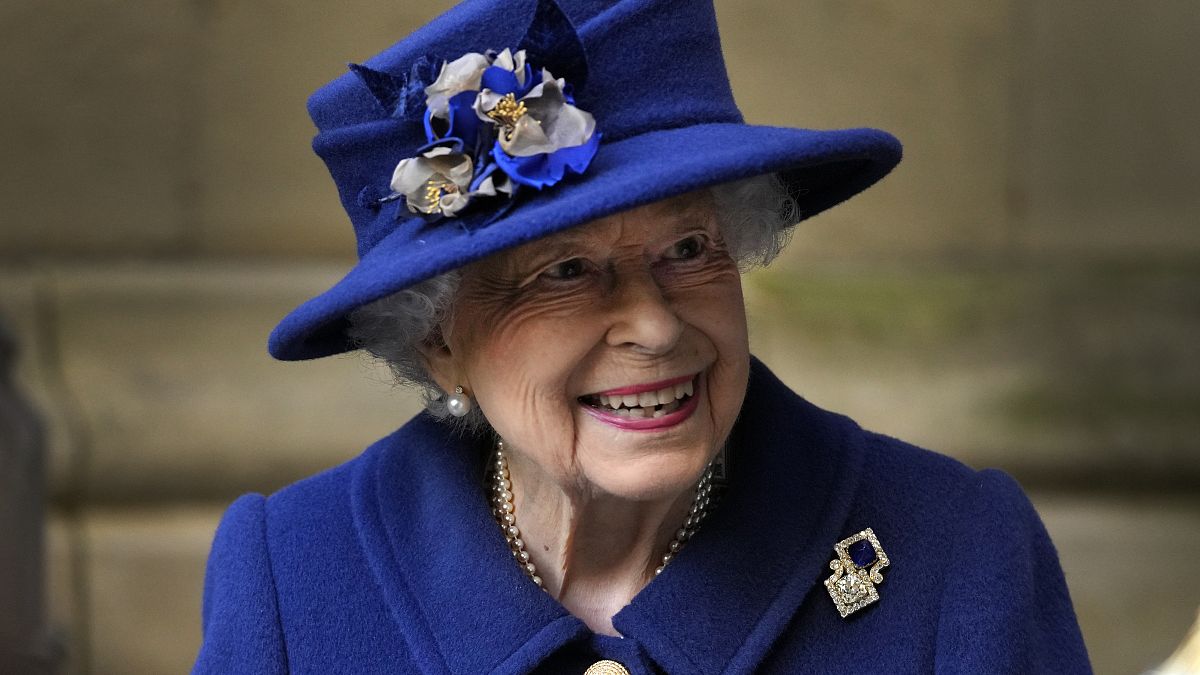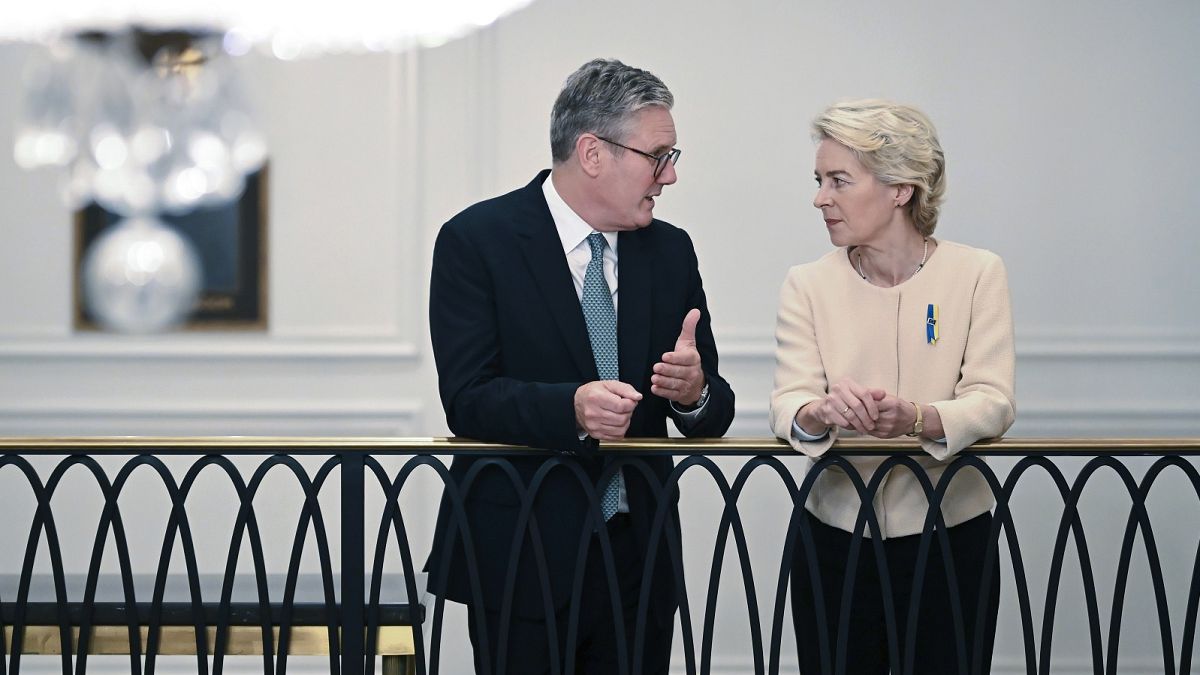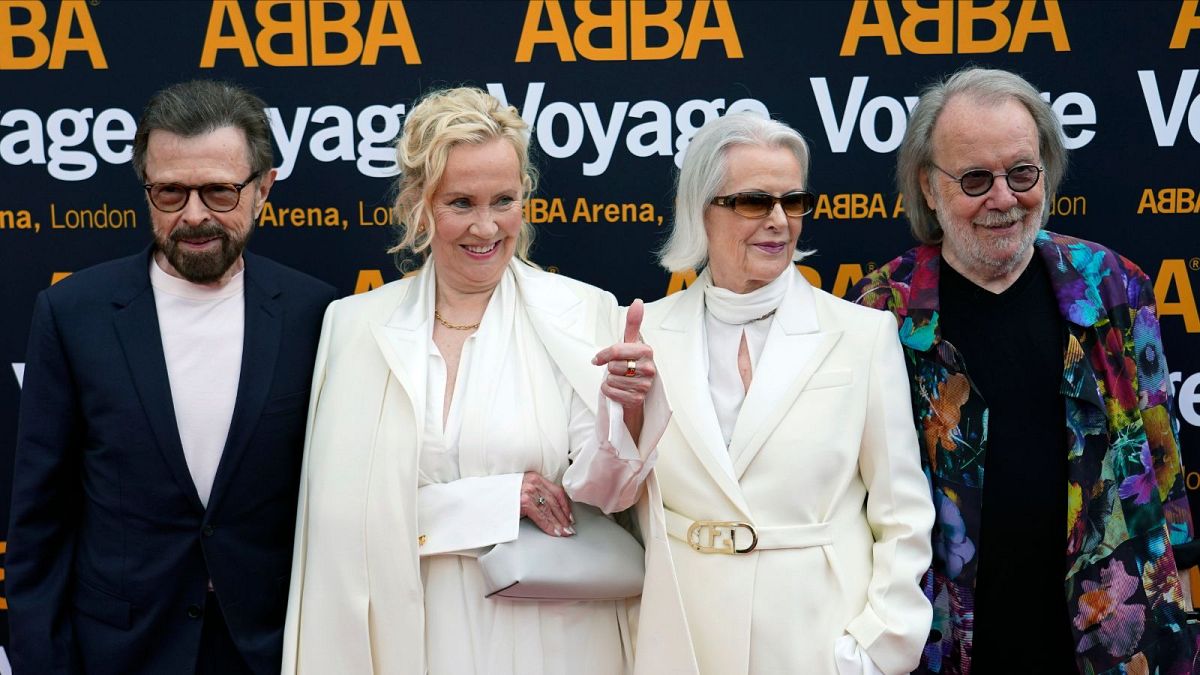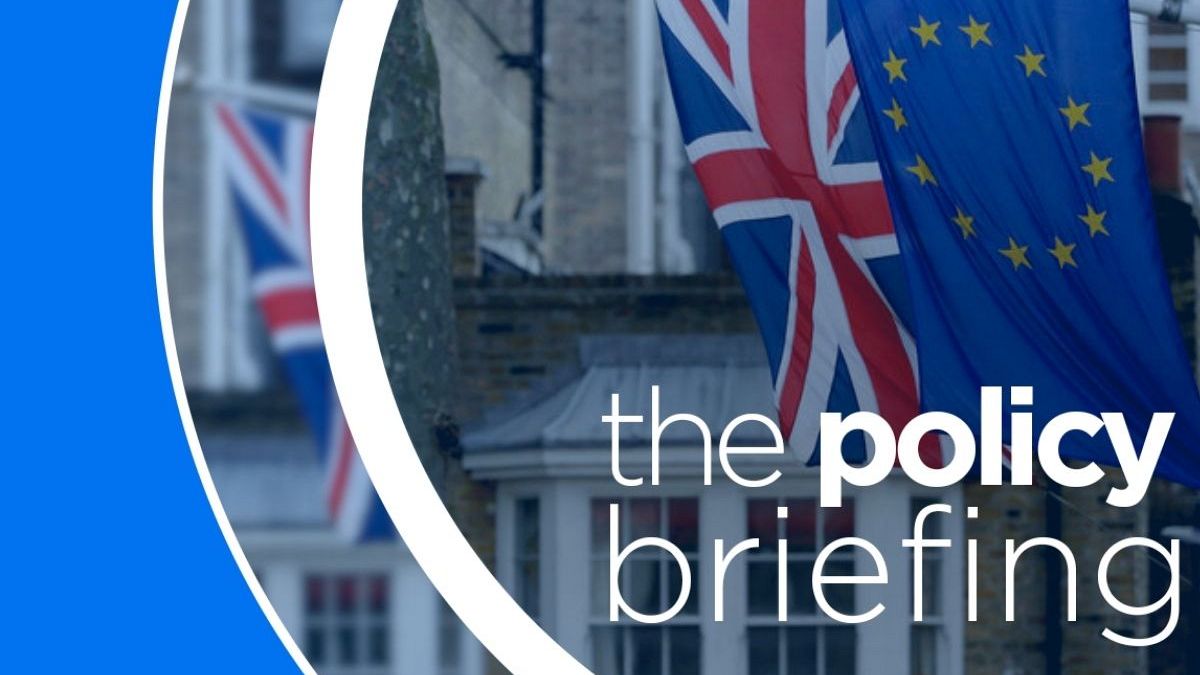How a new UK intiative is prioritizing deaf audiences in cinemas
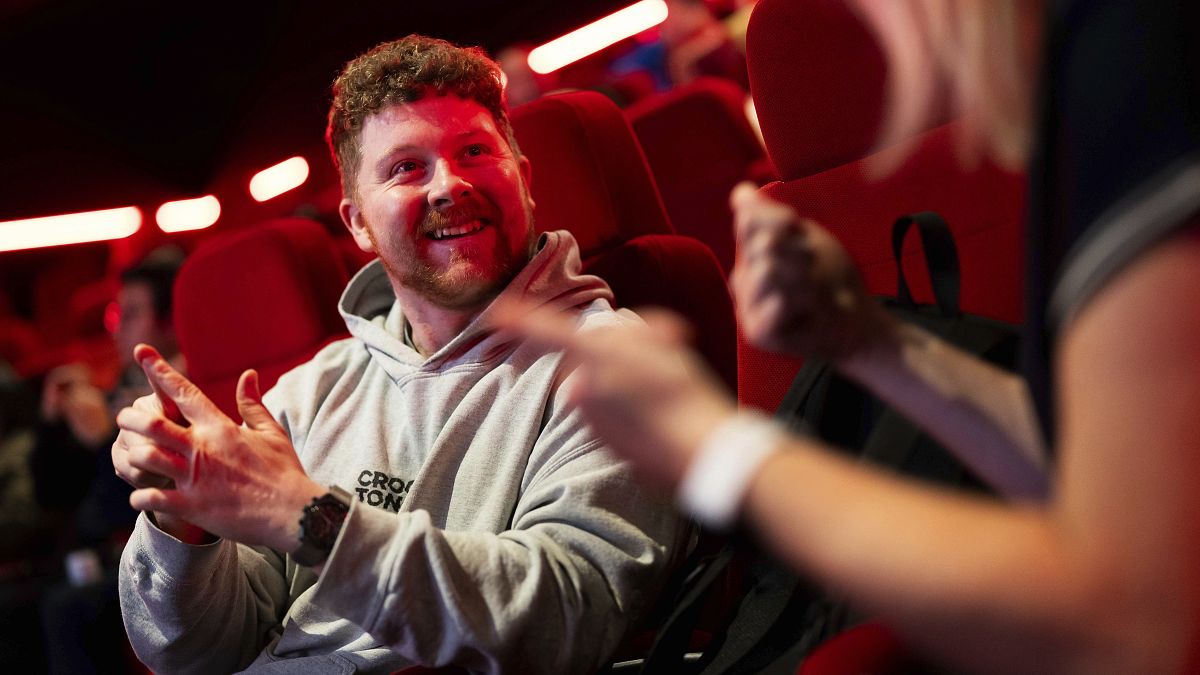
Distributor Paramount Pictures UK is behind a new initiative that Rebecca Mansell, chief executive of the British Deaf Association, has called “ground-breaking.”
Deaf audiences are being prioritized at UK cinemas as a new initiative allows deaf, deafened and hard of hearing cinemagoers to see captioned films the day before the movies’ general release.
The initiative comes from distributor Paramount Pictures UK and starts with the robot animation film Transformers One on 10 October.
Subtitled screenings of Paramount’s upcoming films, including Gladiator II and Sonic the Hedgehog 3, will follow over the next few months.
Rebecca Mansell, chief executive of the British Deaf Association, called the initiative ground-breaking. Deaf, deafened and hard of hearing audiences have been struggling to attend the few available subtitled film showings because they are often scheduled at inconvenient times, she said.
“It fits in with the cinema’s needs, but not necessarily when the Deaf community want to go,” she said. “The deaf community always feel that they are the last ones to know, the last ones to watch something, the last ones for everything. And now we’re going to be the first. It’s definitely a really exciting moment.”
Mansell also notes that subtitles are becoming increasingly popular with younger generations.
“60% of young people prefer watching things with subtitles,” she said. “I think before, people view them as being in the way or ruining the image. And now they’re a lot more accepted and a lot more normalized.”
Around 18 million people in the UK are registered as deaf, deafened or hard of hearing, according to the association.
Paramount has also been running deaf awareness training with cinema managers and staff in UK cities so that they can better communicate with customers.
Yvonne Cobb, a TV presenter and celebrity ambassador for the British Deaf Association, was running the training at a large cinema in central London’s Leicester Square this week. She said the three-hour training session wasn’t enough for staff to become fluent in British Sign Language, but workers were able to learn basic signs, how to interact with deaf customers and what not to do.
“We taught the staff how to say the number of which screen it’s in, and also some greeting signs as well — for example ‘how are you?’,” said Cobb, who is a qualified British Sign Language teacher.
Staff were also taught how to spell with their fingers to indicate the name of the movie.
Source: Euro News



